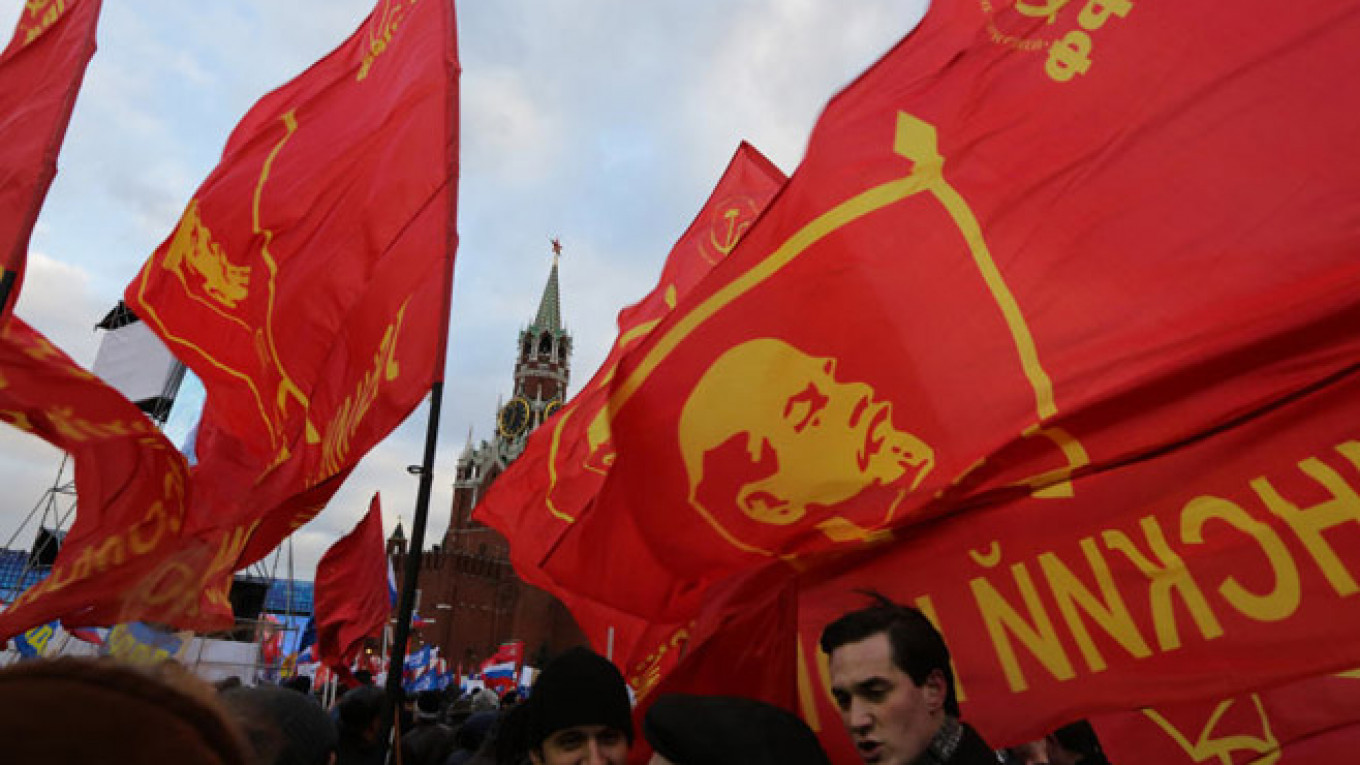I was lucky as a young man. Unlike my fellow college-age friends who were stuck behind the Iron Curtain, in 1977 I was given the opportunity at age 19 to study journalism for three years at the University of Warsaw as an exchange student.
I would have stayed on for a full five years and earned my degree there, but in June 1980, on the eve of the Summer Olympics in Moscow, the KGB decided to purge the ranks of Soviet citizens living abroad and I was sent home. For the next 10 years I was denied an international passport and the right to travel abroad.
I wondered what I had done to deserve such treatment. After all, there had to be some reason for it. Following the events of 1991, when the KGB was having troubles, I used some help from acquaintances and the fact that I was a Moscow city councilor to steal a look at my KGB file.
Of course, I could never pull that off now, but there was a brief period of a few months back in those chaotic days when it was possible.
My first surprise was the size of the file concerning my student years. It turns out that while I innocently led the life of a typical student — meeting women, carousing with friends, hanging out in the library and working odd jobs to get by — people were watching me and reporting my activities to the political police.
Of course, the names of the informants did not appear in writing, but it was possible to guess their identities based on the facts included in the KGB file.
All of the information fell into three categories: material gathered from "friends" in the "bezpieka," the Polish version of the KGB; information obtained from Russian Embassy employees in Warsaw; and reports from Russian informants that were sent directly to Moscow.
Not knowing anything at all about my life, the embassy staff simply did the minimum by submitting meaningless formal replies, or created "facts" out of thin air — such as the allegation that I was planning to flee Poland and escape to Sweden.
The Polish "friends" of the KGB submitted far more substantive information, sometimes entrapping their victims to secure it. One young man invited me to buy a copy of Alexander Solzhenitsyn's book "The Gulag Archipelago," which was banned in the Soviet Union, then described the transaction in his damning report.
My file even noted that I was friends with a girl whose sister had immigrated to England. The bezpieka agents suggested to their Moscow colleagues that this was no chance acquaintance and deserved particular attention.
But the biggest surprise for me was the fact that the KGB obtained most of its information from my closest friend and dormitory roommate, a Soviet student just like me who had traveled with me to Poland.
I never would have expected it from him and hoped I might be mistaken: After all, no surnames were included in the paperwork. Unfortunately, I later learned it was true.
In 1997, Poland, unlike Russia, adopted a law on lustration and even formed the Institute of National Remembrance, tasked with exploring possible collusion between the bezpieka and political and public figures.
Ironically, two Poles who regularly informed on me did not sink into obscurity but enjoyed good careers: one as a prominent journalist, the other as the Polish ambassador to an Asian country.
Even my informant roommate went on to achieve what we could have only dreamed about in our student days, attaining the pinnacle of journalistic success as the host of his own show on NTV television.
It turns out that with or without lustration, the result is the same — but with one major difference: Poland no longer has political police, whereas Russia does. And that is more important than exposing yesterday's informants.
Andrei Malgin is a journalist, literary critic and blogger.
A Message from The Moscow Times:
Dear readers,
We are facing unprecedented challenges. Russia's Prosecutor General's Office has designated The Moscow Times as an "undesirable" organization, criminalizing our work and putting our staff at risk of prosecution. This follows our earlier unjust labeling as a "foreign agent."
These actions are direct attempts to silence independent journalism in Russia. The authorities claim our work "discredits the decisions of the Russian leadership." We see things differently: we strive to provide accurate, unbiased reporting on Russia.
We, the journalists of The Moscow Times, refuse to be silenced. But to continue our work, we need your help.
Your support, no matter how small, makes a world of difference. If you can, please support us monthly starting from just $2. It's quick to set up, and every contribution makes a significant impact.
By supporting The Moscow Times, you're defending open, independent journalism in the face of repression. Thank you for standing with us.
Remind me later.


